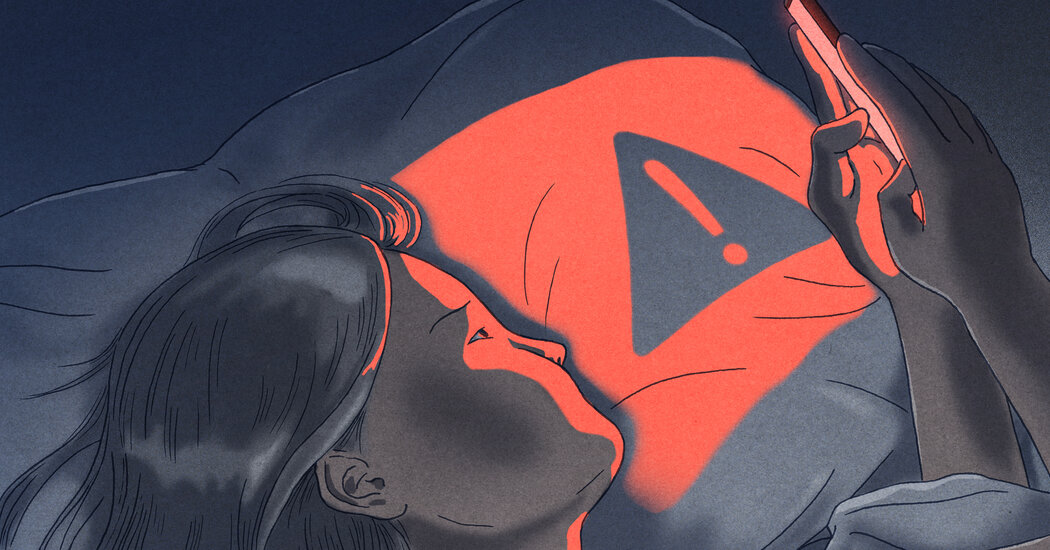I dislike linking to the NYT, but it seems to be the original source.
I’m kinda conflicted on this. I doubt it’ll really do anything, but if it helps head off crappy laws like SOPA then it’d be good.
tbh more social media should be like beehaw, anyway
There’s an interesting book I read recently related to this called The Anxious Generation: how the Great Rewiring of Childhood is Causing an Epidemic of Mental Illness. I’d recommend it.
As a counterpoint, EFF put out this article today: The Surgeon General’s Fear-Mongering, Unconstitutional Effort to Label Social Media
I’m so mixed on that book. Lot of great info in it, some good thoughts on child development. But soooo much moral panic under the guise of science. The data used is fundamentally unable to establish a causal link.
Yes putting real life focus on children and relationships is a great thing for child development. So I guess a book furthering a moral panic to do so, while purporting to be above moral panic isn’t fundamentally evil.
I’m worried it helps create a boogeyman, though, and the children it seeks to help are being harmed by the backdrop of the existential crises of our time like global warming, the authoritarian wave, etc, and social media / phones is just the most convenient vector through which this all flows.
A surgeon general’s warning label, which requires congressional action, would regularly remind parents and adolescents that social media has not been proved safe.
So they’re going to put a warning on anything that hasn’t been “proved safe”? These people are clowns.
It’s such a milquetoast warning, mostly because the science just isn’t there yet. And by the time it is, any damage will be done.
So it’s not entirely clear what the hell we should do, but it’s probably not a knee jerk reaction.
The EFF’s response is right on the money, as usual:
Communications platforms are not comparable to unsafe food, unsafe cars, or cigarettes, all of which are physical products—rather than communications platforms—that can cause physical injury. Government warnings on speech implicate our fundamental rights to speak, to receive information, and to think.
There is no scientific consensus that social media is harmful to children’s mental health. Social science shows that social media can help children overcome feelings of isolation and anxiety. This is particularly true for LBGTQ+ teens.
We agree that social media is not perfect, and can have negative impacts on some users, regardless of age. But if Congress is serious about protecting children online, it should enact policies that promote choice in the marketplace and digital literacy. Most importantly, we need comprehensive privacy laws that protect all internet users from predatory data gathering and sales that target us for advertising and abuse.
This warning label announcement just feeds into the right-wing “tech platforms bad, full of librul thought, must protect the kids by surveilling everyone and blocking the harmful (minority-focused) content” agenda.
Keep in mind that this is not happening in a vacuum; many states have already put in place age-verification for sites they deem ‘harmful’ (and California is considering one as well, so it’s not just braindead red states getting in on the surveillance action), and this directly makes the argument that social media spaces (and the speech on them) are harmful, and should be subject to government approval.




